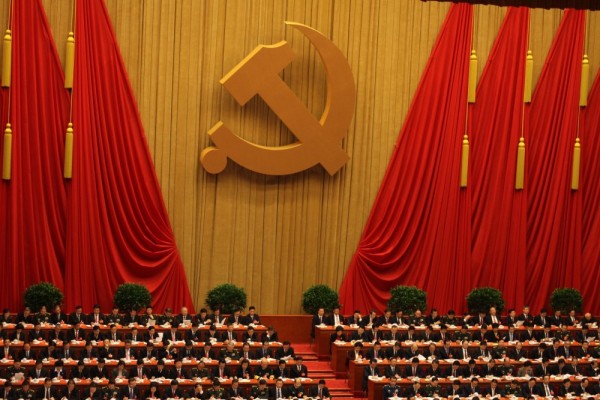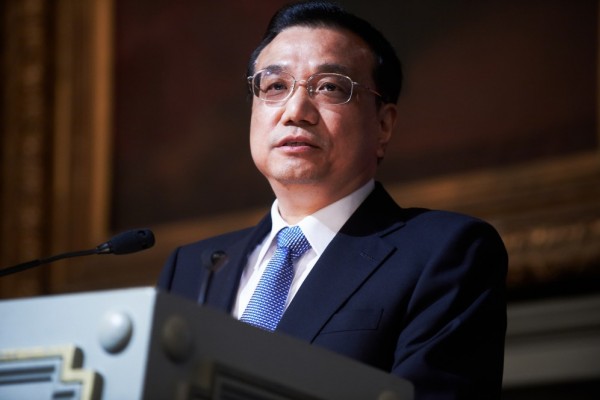-

China’s economy: Powerful but vulernable
China’s economy is often presented as a powerful engine. This is, however, only one face of it. It has also been marked by vulnerabilities, and these have become more obvious over time, as the costs of high-speed growth have rebounded on the country, giving rise to social tensions that are straining the capacity of the reigning Communist Party to contain them.
-

Indian government going to war against its own people
The United Nations high commissioner for human rights released a powerful statement that criticized India’s new citizenship law. This “fundamentally discriminatory” act would expedite citizenship for persecuted religious minorities from India’s neighboring countries. But in the list of those minorities, it names only Hindus, Sikhs, Buddhists, Jains, Parsis and Christians. It does not mention Muslims.
-

There is reason to fear for the safety of every Kashmiri in India
This attack on the very being of Kashmir is unprecedented. The Kashmiris will sooner or later respond by taking to the streets. With thousands of troops already deployed across Kashmir to silence dissent, there is every reason to fear for the safety of every single Kashmiri living under Indian rule today.
-

Changes and Continuity: Four Decades of Industrial Relations in China
The year 2018 marks the fortieth anniversary of the beginning of China’s economic reform programme, originally initiated in 1978. The rise of migrant workers’ strikes since early 2000s and the efforts of the Chinese government to rebalance and reregulate workplace relations have created fertile ground for labour studies and labour activism in China.
-

North Korea is more rational than you think: an interview with Bruce Cumings
The Olympic Winter Games have offered a glimpse of hope for North Korea and its relationship with the rest of the world, but diplomatic solutions will require a deeper level of awareness about the policies, actions, and mistakes that have brought the international community to this moment. For that, Canadian Dimension turned to Bruce Cumings the Gustavus F. and Ann M. Swift Distinguished Service Professor in History at the University of Chicago.
-

South Korean Protests Growing
These are the largest demonstrations in South Korea since the pro-democracy movement of the 1980s. But the street protests are also against the neoliberal reforms Park has pursued and the attacks on the KCTU (Korean Confederation of Trade Unions), and an emphatic statement that all politics is not forming in a populist hard right.
-

China’s Pivot to World Markets, Washington’s Pivot to World Wars
While President Obama’s “pivot to Asia” has been largely a wasteful military strategy to encircle and intimidate China, Beijing’s “pivot to markets” has successfully enhanced its economic competitiveness. As a result, over the past decade, China’s growth rate is three times that of the US; and in the next decade China will double the US in ‘robotizing’ its productive economy.
-

Corporate and military plunder in the Philippines
Will Justin Trudeau support the introduction of a new bill to mandate Canadian corporate respect for human rights standards and environmental responsibility? Will he stop supplying some of the world’s worst regimes with military equipment used to repress their own populations?
-

China: Reformers and Compradors
China’s reformers have started their new version of “The Long March” through many layers of corrupt, flawed and failing institutions. Bigger and more consequential changes await the awakening of the working class.
-

China helps pave the road to Paris with ambitious climate pledge
China formally pledged on Tuesday to play an ambitious role in curbing its carbon dioxide emissions over the next 15 years. It represented a major contribution toward the success of climate treaty talks by the world’s biggest source of global warming pollution. As had been expected, China said its carbon emissions would peak by 2030 or sooner.



